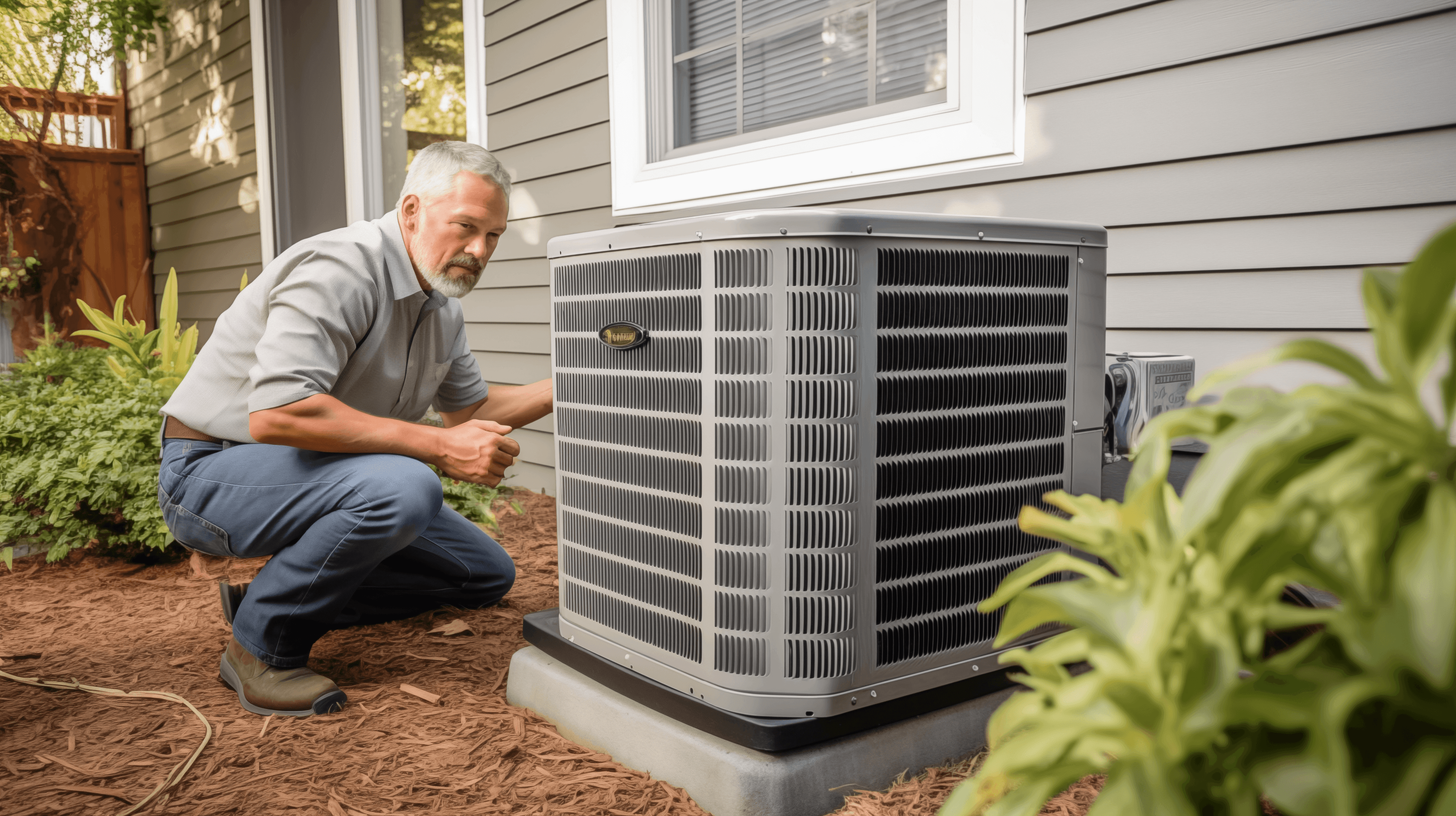DIY HVAC Projects: Avoiding Safety Hazards and Costly Missteps

When it comes to home maintenance, the DIY approach can be tempting. It gives you a sense of accomplishment and can potentially save you some money. However, there are certain areas where cutting corners can lead to serious consequences, and one of them is HVAC systems.
HVAC.com, your source for all things heating and cooling, explains the risks associated with DIY HVAC endeavors, from maintenance and repairs to full-fledged system replacements.
The DIY HVAC Temptation: A Costly Proposition
Many homeowners are drawn to the idea of handling HVAC issues on their own to save money. While changing air filters or cleaning vents are manageable DIY HVAC maintenance tasks, the allure of more complex DIY projects like DIY furnace repair or DIY AC repair can have severe repercussions. DIY enthusiasts often underestimate the complexities involved in HVAC systems, leading to costly mistakes.
Safety Hazards: Putting Your Well-being at Risk
One of the primary concerns with DIY HVAC repair and DIY HVAC install projects is the potential for safety hazards. HVAC systems involve intricate electrical components, combustible fuels, and high-pressure refrigerants. Mishandling any of these elements can result in accidents, including electrical shocks, gas leaks, or refrigerant exposure. Professionals undergo rigorous training to navigate these hazards safely, ensuring the well-being of both homeowners and their property.
Fire Hazards: Igniting Unforeseen Consequences
Improper installation or repairs can increase the risk of fire hazards. Faulty wiring, incorrect installation of components, or neglecting crucial safety protocols may lead to electrical fires. In the pursuit of saving money through DIY HVAC repairs, homeowners may inadvertently put their homes and families in danger.
Warranty Invalidation: An Expensive Mistake
HVAC systems typically come with manufacturer warranties that safeguard homeowners against faulty equipment. However, DIY furnace repair or DIY AC replacement often void these warranties. Manufacturers expect professional installation and maintenance to uphold their products’ integrity. By taking matters into their own hands, homeowners unknowingly forfeit the protection these warranties provide, leaving them vulnerable to expensive repairs or HVAC replacements down the line.
Insurance Claim Denial: Losing Coverage Due to DIY Errors
Insurance policies are designed to cover unforeseen events, but they often exclude damages caused by DIY projects. If a DIY HVAC repair or DIY HVAC replacement results in property damage, insurance providers may deny claims, leaving homeowners to bear the financial burden. Professional HVAC contractors carry insurance, ensuring that any mishaps during their work are covered, providing homeowners with peace of mind.
The Expert Touch: Why HVAC Contractors Matter
HVAC systems are intricate, and their proper functioning is vital for a comfortable and safe home environment. Here are some reasons why entrusting HVAC tasks to professionals is crucial:
- HVAC contractors undergo extensive training to understand the nuances of various systems. From diagnosing issues to implementing effective solutions, their expertise ensures that your heating and cooling system functions optimally. Attempting DIY furnace repair or AC unit fixes without this level of training can lead to misdiagnosis and exacerbate existing problems.
- HVAC professionals are well-versed in building codes and safety regulations. Their work complies with these standards, ensuring that your HVAC system not only operates efficiently but also meets legal requirements. DIY furnace replacement or air conditioning installation projects may unknowingly violate codes, putting you at risk of fines or penalties.
- Professional HVAC contractors possess the experience to diagnose issues accurately. Their ability to identify root causes efficiently prevents recurring problems, saving homeowners both time and money. DIY AC repair and furnace troubleshooting attempts often result in surface-level fixes that fail to address underlying issues.
- While DIY HVAC endeavors may appear cost-effective initially, they often lead to more extensive and expensive repairs in the long run. Professional HVAC contractors provide comprehensive solutions that address current issues and prevent future problems, ultimately saving homeowners money in the long term.
DIY HVAC Maintenance Tips: What Homeowners Can Safely Handle
While major HVAC tasks are best left to the experts, there are some DIY HVAC maintenance aspects homeowners can handle safely. Incorporating these simple tasks into your routine can contribute to your HVAC system’s longevity and efficiency:
Regularly Change Air Filters
Changing air filters is a straightforward task that significantly impacts your HVAC system’s performance. Make it a habit to replace filters every 1-3 months, depending on your system’s requirements.
Clear Outdoor AC Unit of Debris
Over time, leaves, twigs, and other debris can accumulate around the unit, hindering airflow and causing strain on the system. For DIY AC maintenance, regularly check and clear any debris around the outdoor unit to ensure unrestricted airflow and maintain optimal performance.
Keep Vents and Registers Clean
Ensure that vents and registers are free of dust and debris. Regular cleaning allows for optimal airflow, preventing strain on your HVAC system.
Monitor Thermostat Settings
Be mindful of your thermostat settings, adjusting them as needed to maintain a comfortable indoor temperature. This simple practice can reduce unnecessary strain on your HVAC system.
Schedule Professional Maintenance
While homeowners can handle certain DIY furnace maintenance and air conditioning maintenance tasks, scheduling professional HVAC maintenance twice per a year is essential. Professionals can identify potential issues before they escalate, ensuring the longevity and efficiency of your system.